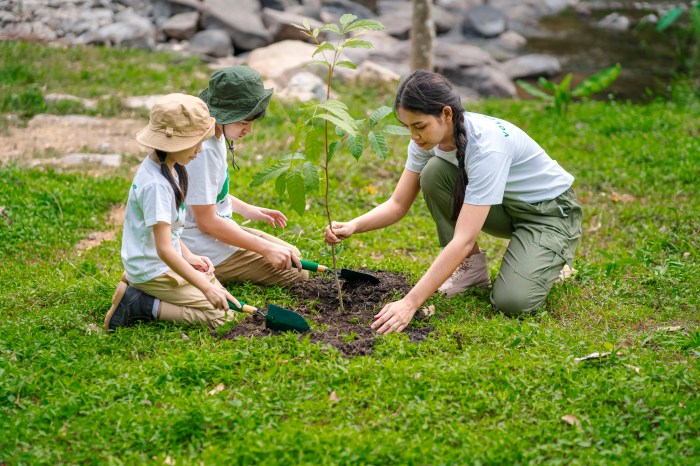There is a certain way you shake your head in both disbelief and disgust. There’s a tightening of your lips, like maybe otherwise a scream would escape.
That was Christina Rivera’s expression on Wednesday as she walked away from the adult daycare facility where she works, where she’d just found out that the social service provider next door has cared for some 350 unexpected children since the spring.
The Cayuga Centers agency in East Harlem has taken in kids, alone and unannounced, who have been separated from their parents under President Donald Trump’s zero-tolerance policy for immigrants arrested on charges of crossing the border illegally.
Rivera, 28, said she had seen big groups of kids for months, coming in and out of the facility in the morning and afternoon. Bouncing basketballs, talking in Spanish. She never guessed who they were or how far they’d come.
“I thought it was a school,” Rivera said. Then that shake of the head. That grimace in the lips.
It was a shock to many on Wednesday, including Mayor Bill de Blasio, that 239 children from the border are currently being cared for by Cayuga, out of that 350 total by the provider in recent months. De Blasio said they are staying in foster homes, with classes and other daytime services administered at the Cayuga facility. But he said he didn’t know details about other NYC social service providers potentially caring for separated children. The federal government is not sharing the information, he said.
The mayor had only found out there were victims of Trump’s family-separation policy in the city when the aunt of a 9-year-old boy from Honduras in Cayuga’s care had gotten in touch with the city for help. There was a little anger in his head-shake, too.
There were lots of reasons to be angry. De Blasio said that during his meeting with Cayuga on Wednesday he learned that some of the children who’d come 2,000 miles to NYC had lice, bed bugs or chicken pox: “contagious situations,” de Blasio said he was told.
There were children so young that they couldn’t communicate, as young as nine months old. Which means that the situation remains dire, despite Trump’s executive order to end the separation of immigrant families in the country illegally.
It’s unclear how the administration would go about reuniting families — and how to care for a reported 2,300 children until they can reunite with their parents.
And how many more children that we don’t know of have been trying to accustom themselves to the city, walking in a daze past our playgrounds and subway stations without parents and hearing the strange sounds of a foreign language all around them?
It was a question de Blasio kept returning to, one that should make that head-shake a regular motion across the boroughs: “How is it possible,” de Blasio asked, “that none of us knew that there were 239 kids right here in our city?”

















